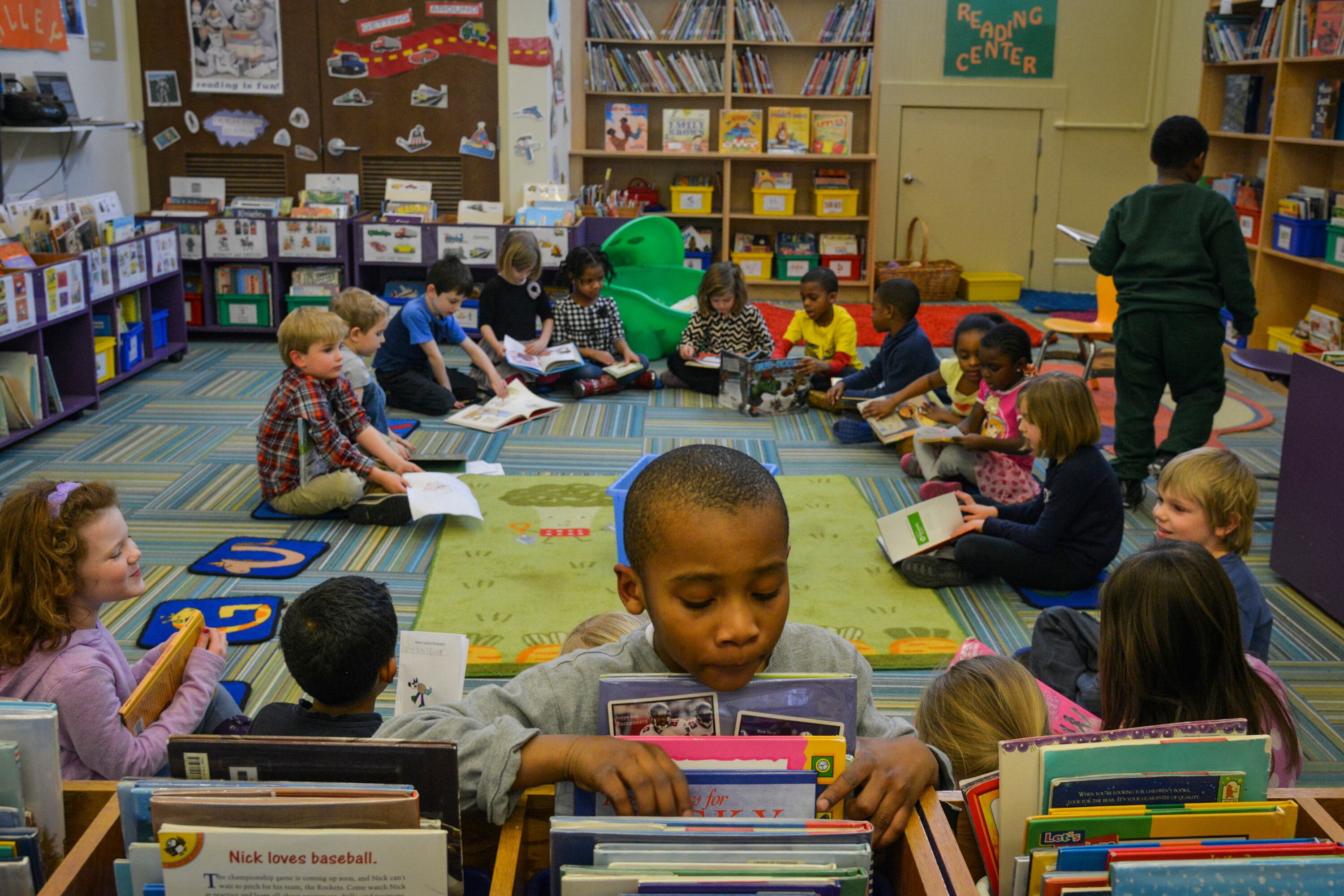State Board of Education members on Wednesday resisted suggestions that Colorado schools delay identifying struggling readers until winter, instead of sticking to the usual fall timeline.
There was no official vote taken, but several board members made it clear they want kindergarten through third-grade students assessed at the start of the school year, even if that means more children than usual will require reading improvement plans because of coronavirus-related learning loss.
The discussion came as district leaders plan for an unprecedented school year and request leeway on certain state education rules. Without naming any particular school district or group advocating for delays in reading testing, a state education official said it was feedback “from some in the field.” And while the board OK’d flexibility on some mandates Wednesday, including high school graduation requirements, four members signaled their desire to stick with state rules meant to help poor readers.
“I’d rather stay very tight to this because kindergarten through third grade is the most important age group for learning how to read,” said board member Joyce Rankin.
Under Colorado law, schools must identify K-3 students with significant reading problems and must create special plans to help them catch up. Although the rule has been in place for years, Colorado’s reading proficiency rate has hardly budged. In the last couple years, state leaders have taken a tougher stance on reading rules — establishing stricter limits on how schools can spend money earmarked for struggling readers and requiring new teacher training on reading instruction.
Melissa Colsman, associate commissioner for student learning at the state Education Department, said Wednesday some educators are concerned they won’t be able to properly administer the required reading assessments early in the school year if classes aren’t meeting in person.
But board member Rebecca McClellan said that could happen in the winter too, derailing reading assessments even more.
“Then we lose that opportunity altogether to find out what’s happening with those kids,” she said. “We have to jump in while we can.”






